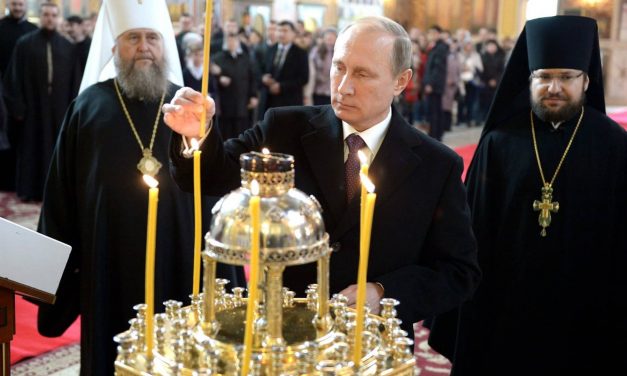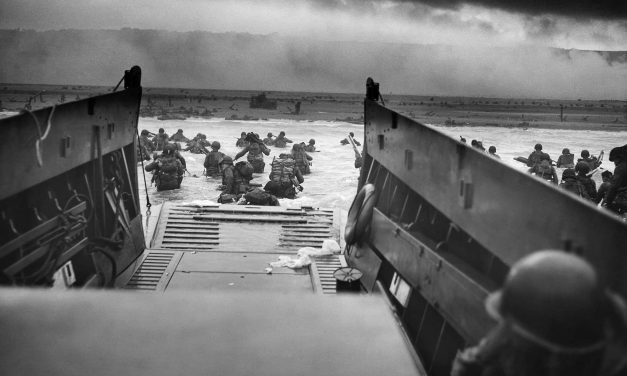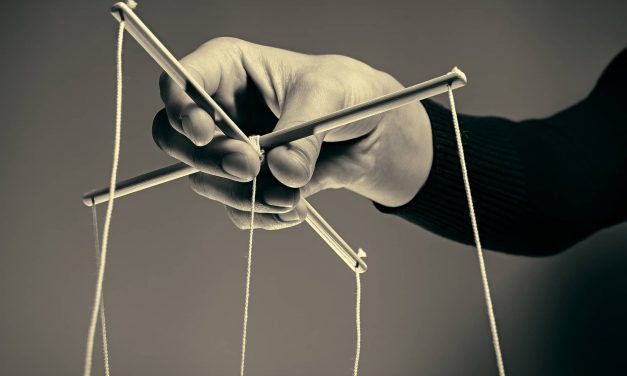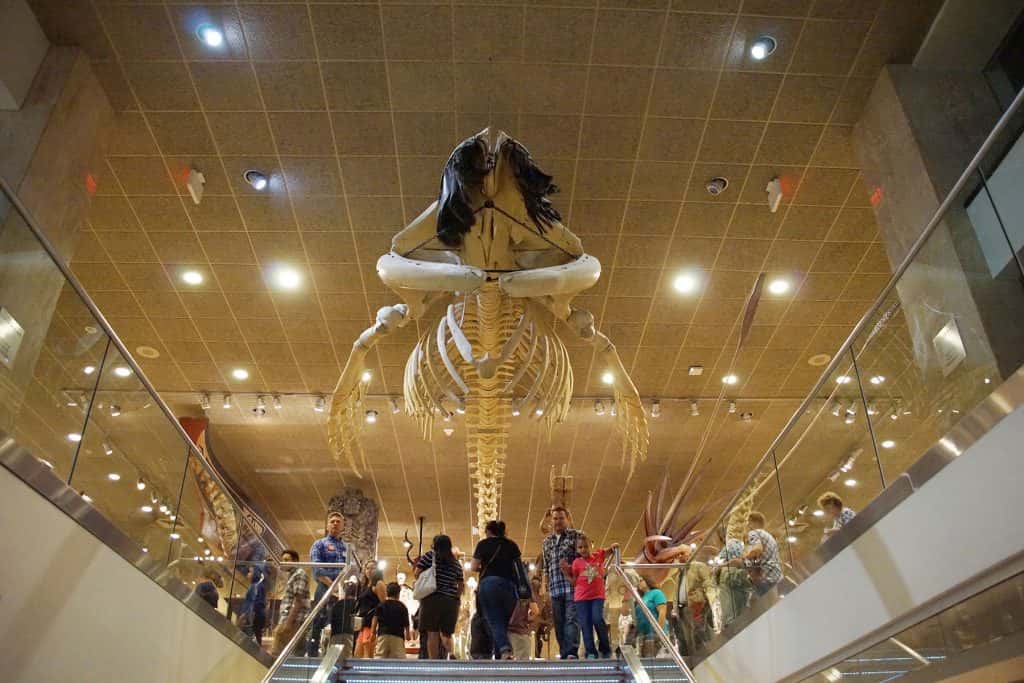A Party built on Fascism: When 63 Republicans take Putin’s side of the war and vote against NATO
The Republican Party is committed to tearing America apart by pitting us against each other. Why would they do this? Here is a clue: 63 Republicans voted this week against a resolution in support of NATO. Yes, they voted for Putin’s side of the war. Seriously. Although it has been largely ignored by American TV media, you can read all about it over at The Washington Post in an article by Aaron Blake titled: Why 30 percent of the House GOP voted against reaffirming NATO support. Their unflinching support of Putin comes shortly after Koch Industries announced they would be...
Read More















